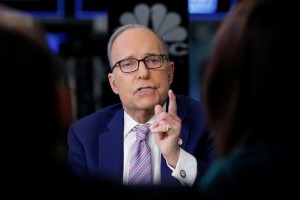Ted Cruz and Byron Donalds Move to Eliminate an Entire Government Agency: 'An Utter and Complete Waste'
Texas Republican Ted Cruz has reintroduced a bill in the Senate to eliminate the Consumer Financial Protection Bureau, partnering with Florida Republican Byron Donalds, who introduced the same bill in the House. The bureau’s stated purpose is to ensure that U.S. residents “are treated fairly by banks, lenders and other financial institutions,” according to its website.
In reality, Cruz said in a statement, the organization is “entirely ineffective and does very little to protect consumers.”
Donalds obviously agreed. “In addition to the drain of federal resources, the CFPB hinders economic prosperity by imposing burdensome and unnecessary regulations on American consumers,” he said in a statement.
The ‘‘Repeal CFPB Act’’ would repeal the Consumer Financial Protection Act of 2010, restoring federal law to its previous state “as if the Act had not been enacted,” according to the language of the one-page bill.
More From Western Journal:























